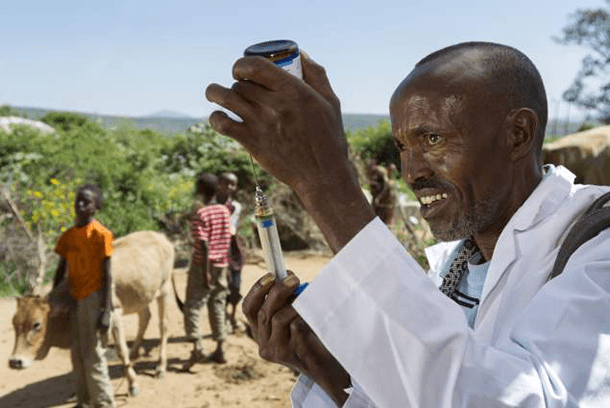Senegal’s Ministry of Health and Public Hygiene has confirmed that at least 20 people have died following a Rift Valley fever outbreak that began in late September.
The ministry said the viral disease — which primarily affects livestock but can also infect humans — has spread rapidly in the northern Saint Louis region, where 159 of the 171 recorded cases have been reported. Laboratory confirmation of the disease was first made on September 20, marking the start of the country’s latest public health alert.
According to the ministry’s latest update, Senegal has so far recorded 20 deaths and 128 recoveries linked to the outbreak. No official data has yet been shared regarding the number of animals affected, though experts warn that livestock losses could be significant.
Rift Valley fever, transmitted mainly through mosquito bites and contact with infected animal tissue, is known to cause high fever, muscle pain, headaches, and joint aches in humans. In animals, particularly cattle, goats, and sheep, the disease often leads to fever, bleeding, and mass miscarriages, causing major economic damage to pastoral communities.
Health authorities have deployed emergency teams to the affected areas to contain the spread and raise awareness among herders and residents. Preventive measures — including mosquito control and restrictions on animal movement — are also being reinforced.
The outbreak underscores the continued threat of zoonotic diseases in the Sahel region, where animal-human interactions are high and climate conditions favor mosquito breeding.



